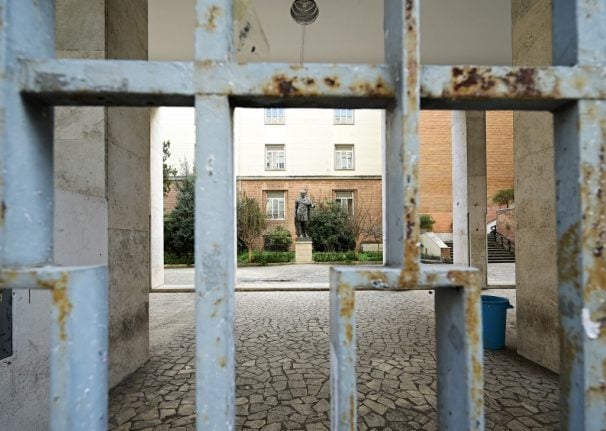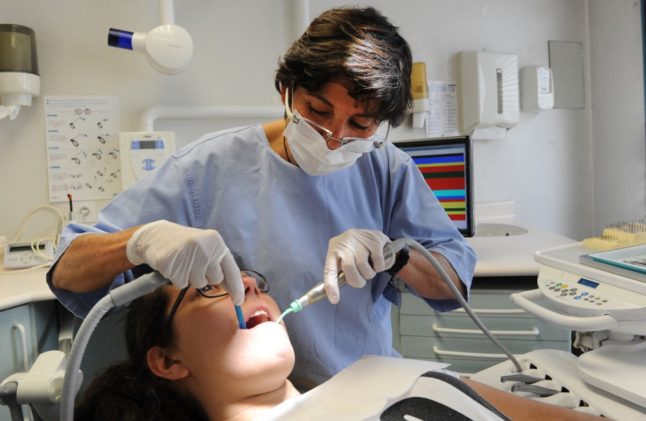
It's left up to each school to decide how to arrange their classrooms accordingly – though the government has put out a tender for more than two million one-person desks, which are hoped to remove the need for students to wear masks in class.
Schools are still awaiting the arrival of the desks however, and there are concerns some schools may not receive their desk deliveries before October.
READ ALSO: Italy warned schools 'must reopen at any cost' despite new coronavirus outbreaks
Amid a lack of clarity about the rules with just weeks to go before schools reopen, some Italian headtachers have raised concerns that they may be held legally responible for outbreaks at their schools.



 Please whitelist us to continue reading.
Please whitelist us to continue reading.
Member comments